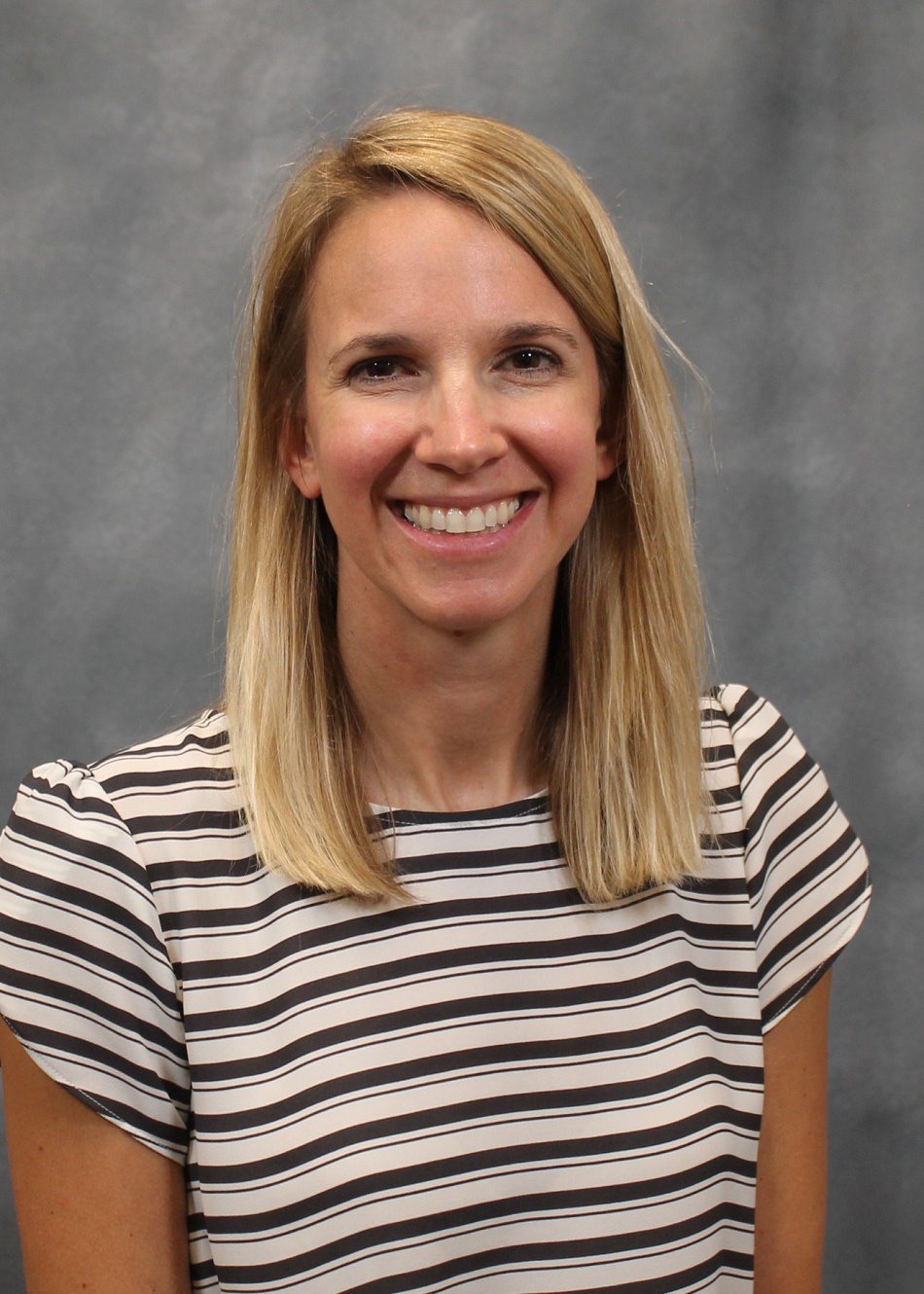
- Augusta University
- Colleges & Schools
- Medical College of Georgia
- Ophthalmology
- Career in Ophthalmology
Career in Ophthalmology

Highlights:
Long term doctor-patient connections
Both medical and surgical interventions
Family friendly career
Clear impact in the lives of others
Congenial relationships with patients
Wonderful opportunity to use skills around the world
As a student of medicine you have invested much energy and perseverance into the process of becoming of a physician. The march through the labs and study halls of medical school is but another of the largely programmed steps you have followed. The career-molding choice of residency is a fork in the educational road that you may feel ill-equipped to make. What follows are a few thoughts about the practice ophthalmology which I hope may be of some use as you ponder your decision.
Paramount to a satisfied life is that which you do for others. The practice of ophthalmology is a wonderful means to help people concerned not only with a diagnosis, but also a solution. Among the many rewarding things you can do for your patients is the ability to give vision back through surgery. To be able to restore such a vital function to another is to renew life in its own way. In this manner, ophthalmologists may significantly improve patients’ quality of life.
While surgery is crucial in the practice of ophthalmology, of equal importance is the medical management of patients. In most cases much more time will be spent in the clinic than in the operating room. Many find the long term and often multi-generational relationships that develop between clinician and patient very rewarding.
Beyond the broad medical/surgical scope of practice, there are multiple other attractive features of the practice of ophthalmology. Overall, the hours need not be strenuous and the on-call duties in practice can be quite manageable. This is very important in protecting family time and interest outside of professional duties. The field of ophthalmology remains intellectually challenging. If you are a person who is fascinated by technology, there is an abundance of technology for use both diagnostically and surgically. If you are inclined to take your cataract removal skills to the third world you will find that such surgery in many of those areas can be life-changing.
As for the day-to-day experience, each clinic is generally set up with a number of rooms called lanes. These lanes hold slit-lamps, phoropters, ophthalmoscopes, lights, drops, lenses and much more. The typical ophthalmologist will have technicians who work up each patient before you, as the doctor, see them. Technicians are often heavily involved in the examination process, doing much more than taking a history and obtaining the vital signs of the eye. After this is complete, you will review what they have done, examine the patient yourself, and then counsel the patient about their options to preserve or improve vision.
There are many other facets of the practice of ophthalmology which go beyond the scope of this vignette. If you would like you may set up a meeting with one of our residents or with our faculty. Please feel free to contact our medical student coordinator, Kimberly Garrett, for further information.